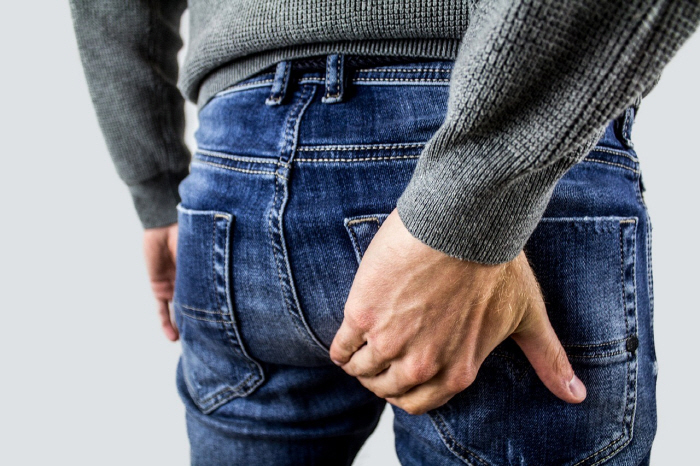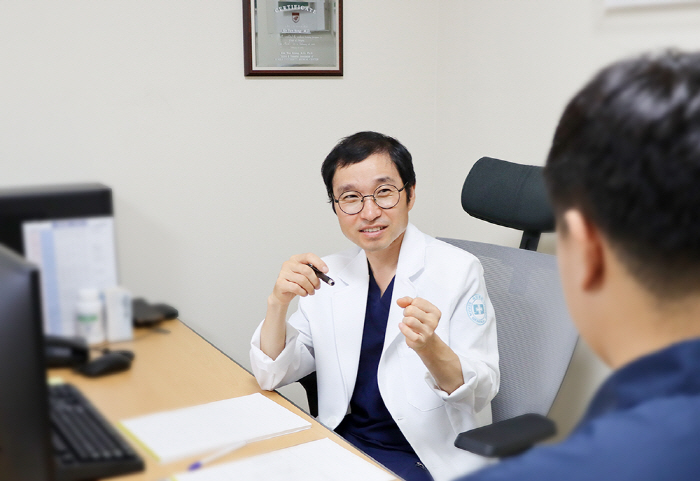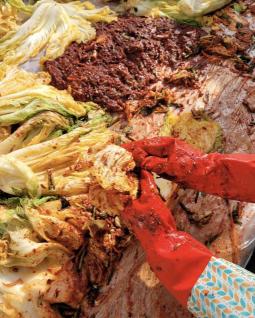Don't sit on cold snow and hemorrhoids that stretch in winter
|
In particular, if you go beyond a little bleeding and even get something like flesh out of the anus, your worry becomes even greater. The disease name hemorrhoids has been heard often, but I leave it because I think it will get better. Then, many patients visit the hospital only when they grow the disease and need surgery. In particular, anal tissue in winter is more sensitive.
Hemorrhoids are a common term for hemorrhoids, anal fistula, and dentition. Hemorrhoids, which account for about 70% of hemorrhoids patients, are a representative anal disease, causing problems with vascular tissue that alleviates the impact of bowel movements. Within the anal canal, there is a vascular layer to relieve impact on defecation. The blood vessels are frozen together like a mesh, and if you think about it easily, it can be considered to act as a cushion.
Repeated bowel movements and the habit of stools cause abdominal pressure and a large amount of blood is accumulated in the venous layer of the anal canal. In this state, as the fecal mass pushes down from the rectum toward the anus, the venous layer is pushed down. Hemorrhoids occur in this process.
Hemorrhoids are divided into endothelial and extracorporeal nuclei. The outer core occurs in the skin-covered area outside the anal entrance, and the pain is severe and the skin is stretched. The endothelial nucleus includes a first-degree hemorrhoids that are sometimes accompanied by bleeding, a second-degree hemorrhoids that come down to the anal entrance and then return to their original position by itself due to the cessation of bowel movements, and a third-degree hemorrhoids that easily exit or push into the anal entrance to enter again. There is also a fourth-degree hemorrhoids that cannot be pushed in.
Fertility occurs when the anus opening is torn when defecating hard stools. Sharp, stab-like pain that appears during bowel movements can develop chronically. When wiping with tissue after defecation, bright bright bright red blood gets on the tissue or stool.
Hemorrhoids such as hemorrhoids surge in winter.
According to statistics from the Health Insurance Review and Assessment Service, as of 2023, hemorrhoids surged in October-December when they moved from fall to winter and maintained a large number of patients in January-March. Vascular tissue in the anus is sensitive to cold. Blood circulation disorders occur as capillaries around the anus contract.
In winter, activity decreases and the number of showers decreases depending on the person. Sitting on the snowfield or maintaining a bent posture for a long time when enjoying representative winter sports such as skiing also irritates the anus. Increased drinking at the end of the year also has an impact. Alcohol expands the blood vessels of the anus, inflates the anus tissue, and symptoms worsen. In addition, irritating foods that are eaten at drinking parties come out of the stool, irritating the anus and worsening hemorrhoids.
First and second hemorrhoids are often alleviated by conservative therapy, but they sometimes progress to third and fourth degrees. In this case, it is a principle to proceed with surgery, and even if surgery is performed, it may recur. You should eat foods high in fiber to prevent severe constipation and improve your habit of sitting in the bathroom for a long time.
"Anus disease can be experienced by anyone and it is common, but people are often reluctant to visit the hospital until symptoms worsen," said Ko Yoon-song, head of the abdominal center at Seran Hospital. "However, in winter, when the temperature drops sharply, the blood circulation around the anus is not smooth, so more patients complain of anal disease."
Ko Yoon-song, director of the center, then said "Even minor symptoms can prevent the deterioration of symptoms from the beginning and can prevent recurrence by taking good care of them even after treatment."The most common hemorrhoids are hemorrhoids, and constipation, pregnancy and childbirth, excessive drinking, and low temperatures can be risk factors. Be careful because the symptoms may worsen if the anal area is exposed to a cold place," he stressed.
|
This article was translated by Naver AI translator.





